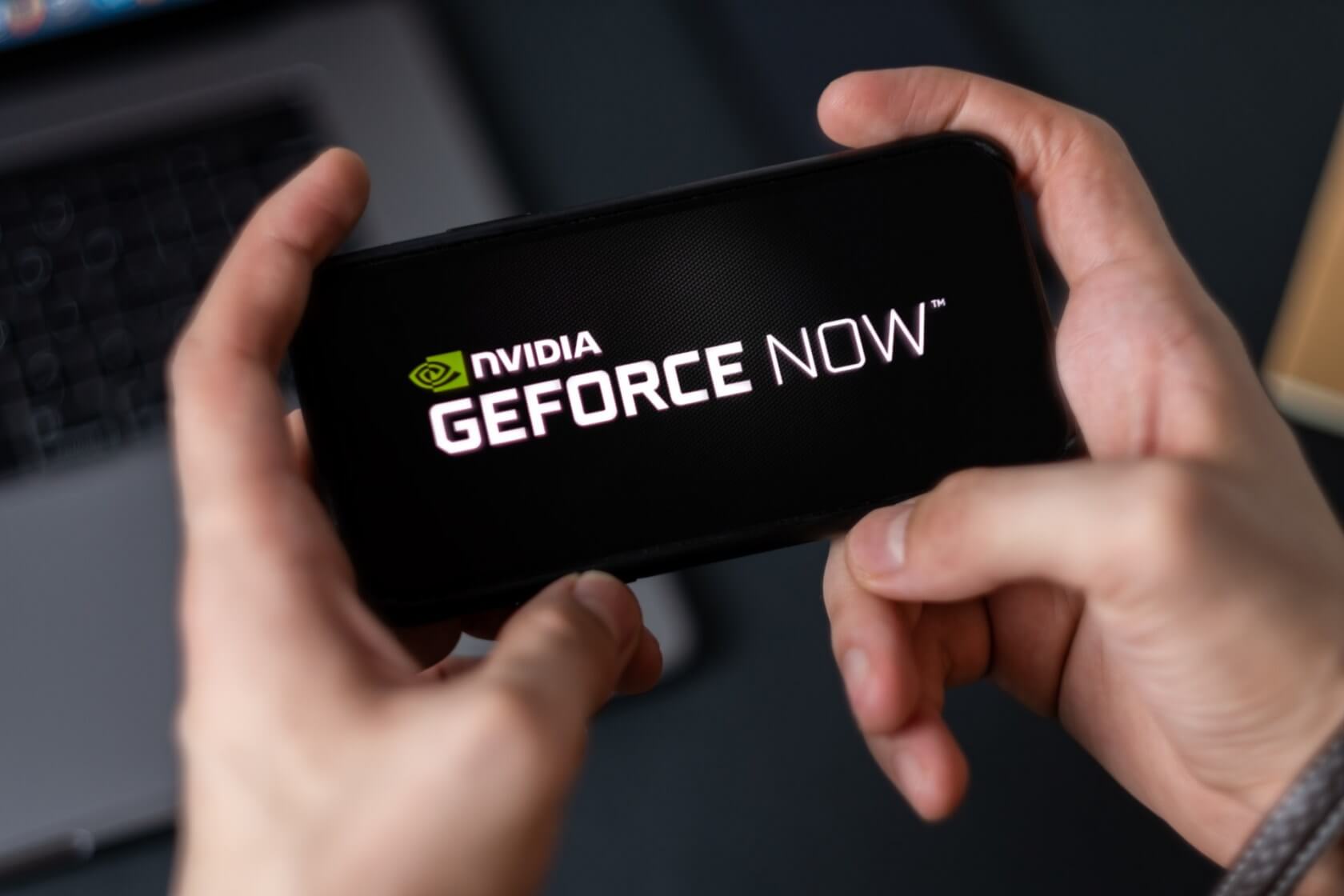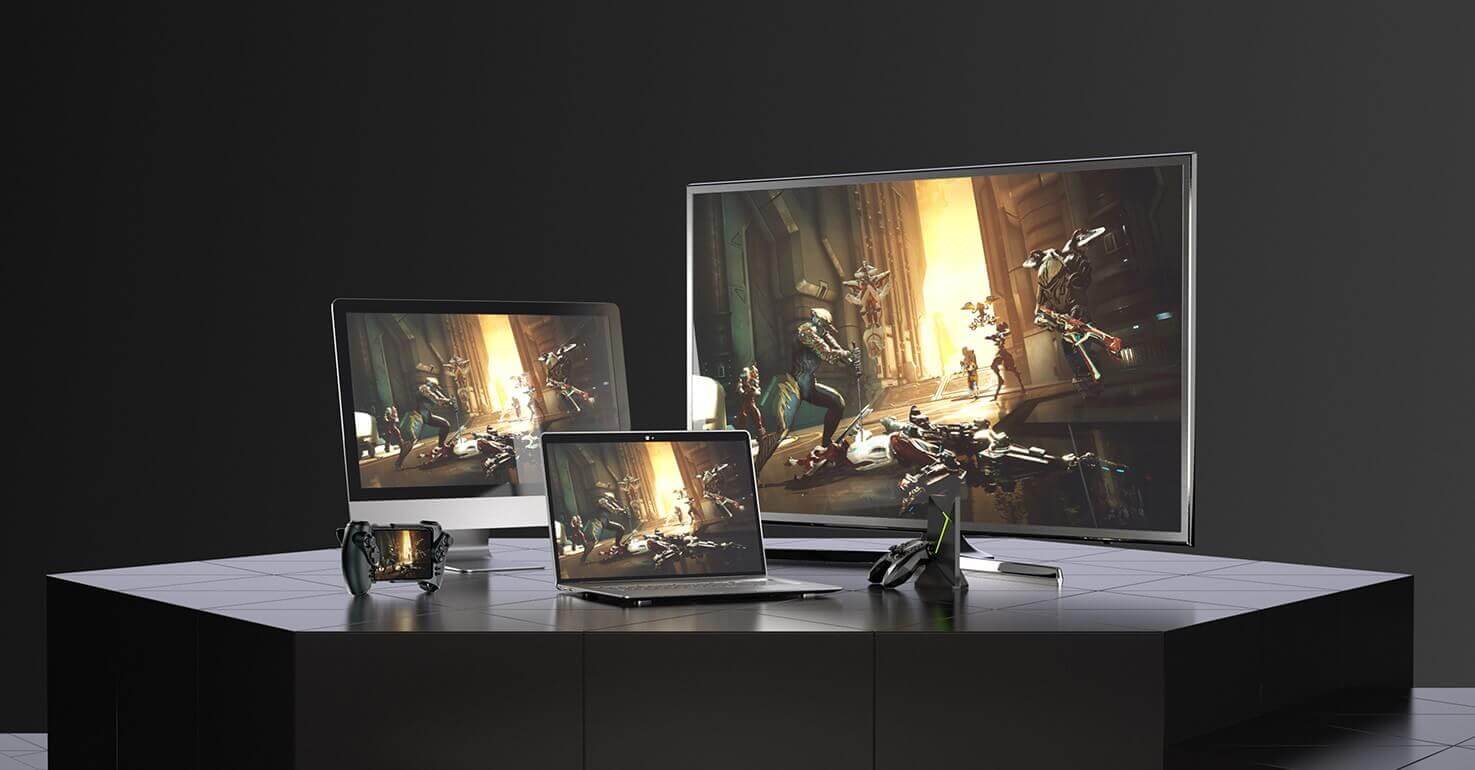In context: Nvidia's GeForce Now platform is one of the more popular game streaming services on the market. Instead of forcing consumers to buy titles they already own, GeForce Now links up with their existing digital libraries. This lets consumers play a plethora of games at no additional cost, and without the need to install any titles locally.

Unfortunately, it hasn't all been smooth sailing. In GeForce Now's early days, Nvidia jumped the gun a bit in terms of game availability by serving games they didn't have an explicit agreement to offer. As a result, shortly after the service left Beta, several publishers abandoned GeForce Now (along with their games): Bethesda, Activision Blizzard, and 2K Games, to name just a few.
There were various reasons for each publisher's decision, and Nvidia chalked at least one of the departures up to a "misunderstanding." Nonetheless, it was consumers that were ultimately caught in the crossfire, as many games were suddenly yanked from their grasp. A title they may have been playing and enjoying one day was suddenly gone (from GeForce Now, anyway) the next.
Nvidia isn't eager for history to repeat itself, and to prevent any other studios from departing the service, the company is instituting a new "opt-in" policy for game availability. Moving forward, only developers that have explicitly chosen to participate in the GeForce Now will have their titles featured on the service, which should mean more library stability for users.

As Nvidia points out, there's really no major downside for publishers or developers when it comes to GeForce Now. While they aren't receiving a revenue share from games played on the service, that doesn't mean they don't profit at all. Again, you have to own a game on an official platform (like Steam) before it is available through GeForce Now.
If anything, this restriction means GeForce Now is likely to boost game sales over time. After all, it gives more PC users the ability to experience demanding, modern titles without expensive hardware -- with that barrier to entry removed, developers might just find that more individuals are willing to buy their games.
Nvidia says 200 developers have committed to GeForce Now so far, bringing over 2,000 games with them. However, due to the previously-mentioned policy change, any developers that don't opt-in by May 31 will have their full game catalogs removed from GeForce Now. A full list of arriving and departing games can be found here.
GeForce is available today with two major service plans. The Free plan gives you "standard" access in the queue and a 1-hour limit on gameplay sessions. The $5/month (free for the first 90 days) Founders plan nets you RTX support, "extended" session length, and "priority" access.
Image credit: Nikki Meel
https://www.techspot.com/news/85400-nvidia-introduces-opt-policy-geforce-now-prevent-game.html